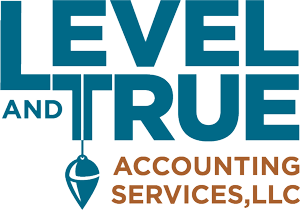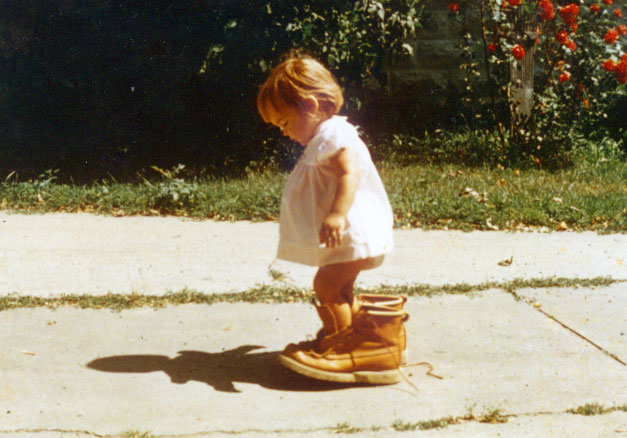Growing up in a family business isn’t easy. I’m not going to “sugar coat” it. Small businesses require hard work and sacrifice, and tears and sweat – but that’s reality, and it’s great preparation for success later on in life.
We were the essence of Dad’s business from the very start. I was just 6 years old when we sat down as a family and discussed our options. If Dad left his comfortable engineering job to start a construction business, we would have to make some financial sacrifices as a family. But having Dad home every night for dinner would be well worth it. The decision was unanimous, and that’s how our labor of love began.
Family Unity – Being “Invested” in the Business at a Personal Level
With small businesses, the financial stability of the family is deeply rooted in the success or failure of the business. Directly or indirectly everyone in the family contributes something. My father is a natural teacher, and he always took the time to train us properly before he involved us in even the simplest of tasks. Mom is more driven and an incredibly hard worker. She was the scheduler and the organizer, and also a meticulous bookkeeper. She literally has a record of every penny she earned or spent since high school. I guess accounting is in my DNA.
Small family businesses have an edge that helps them survive and thrive: family commitment. There is a built-in loyalty based on personal attachment. Have you ever noticed how many small restaurants are staffed by immediate family and close relatives? Family members are “invested” in the business. They will stick around in the tough times, and are willing to work long hours and accept what little the business can offer them, knowing that when times get better, they will also share in that success.
I officially started working summers with Dad when I turned 16. Instead of getting a check, each week I received a carefully detailed IOU, a formal pay stub showing gross pay and tax deductions, without a check. When a job was completed, we would settle accounts and I would deposit money in the bank. In the meantime, Mom was my in-house bank. If I needed to purchase something, she’d write a check and we’d take it off their tab. My wages were the family “line of credit”.
Hands-On Experience
We needed a model house, so our first construction project was our own. Watching an idea on paper come to life is a fascinating process. Log by log, an abandoned lot was transformed into a beautiful home. That was an amazing feeling.
Dad liked to take us along when he checked out new jobs. We’d help him measure and take notes and contribute our “two cents”. We accompanied him to lumber yards and saw mills, and all kinds of interesting places. Some of his worksites were in amazing locations, and on snow days and summer vacation we would tag along for the ride. While Dad was working we would wander the woods with the family dog, catch lizards in the creek beds, and pick wild berries. We got to know all of his customers and they treated us like family.
Valuable life experience also includes the “what not to do’s”. Dad had been installing a dark room for a photography lab, and he was almost finished with the job. Both rooms were painted dark grey, from floor to ceiling. It was a school snow day so I asked to come along. After I’d read my book for a while, I got bored and asked for something to do. Dad set up a couple of saw horses and a floor drape and showed me how to roll paint on the shelving boards. About a half hour later he came in to check on me and found me gleefully spinning the roller off the end of each shelf, without realizing that little dots of white paint were flying all over the room. The walls, the ceiling, and the floor were all speckled white. Dad is a very patient man, but I recognized the anguish deep in his eyes. With stricter supervision, I eventually became a decent painter.
A lot of construction workers are big burly guys. Dad is definitely not the burly type, but he taught us that you don’t need brawn if you think things out. Not to mention that the fellows that rely on brute force eventually end up in back braces. One summer, while I was still in high school, three of us raised a log cabin, including the rafter beams, using just a set of broom stick rollers and a come-along winch. Those were some heavy logs, and I’m still amazed we did it.
A Family Legacy: Pride, Values, and Giving Back to the Community
Formal training is important for any professional, but well rounded, real-life experience is just as valuable. Working in a family business provides a perspective that a young person flipping burgers at a fast food chain isn’t likely to obtain. We learned to work hard and find satisfaction in doing a job well. It was a job that provided basic pocket change and a long-term benefit.
Both our parents took great pride in their work. They wanted to provide tangible value to their customers – whether it met their practical needs (repairing a sinking foundation, sealing the bats out of the attic) or brought them pleasure (beautiful custom kitchen cabinets made from locally sawn oak, an exposed beam loft with incredible views of the mountains). We lived in the same community as our customers and these projects we had participated in became a part of our family legacy.
My brother and I both eventually moved away from home, but we carried the spirit of the entrepreneur with us. Today he runs his own remodeling business in North Carolina and I have my own bookkeeping business in Connecticut. I still have a love for construction, so it’s not surprising that contractors are my favorite clients. And occasionally I dust off my construction skills with a good ole “Do It Yourself” project.
– Written by Gina Palacio, Owner of Level & True Accounting Services LLC

